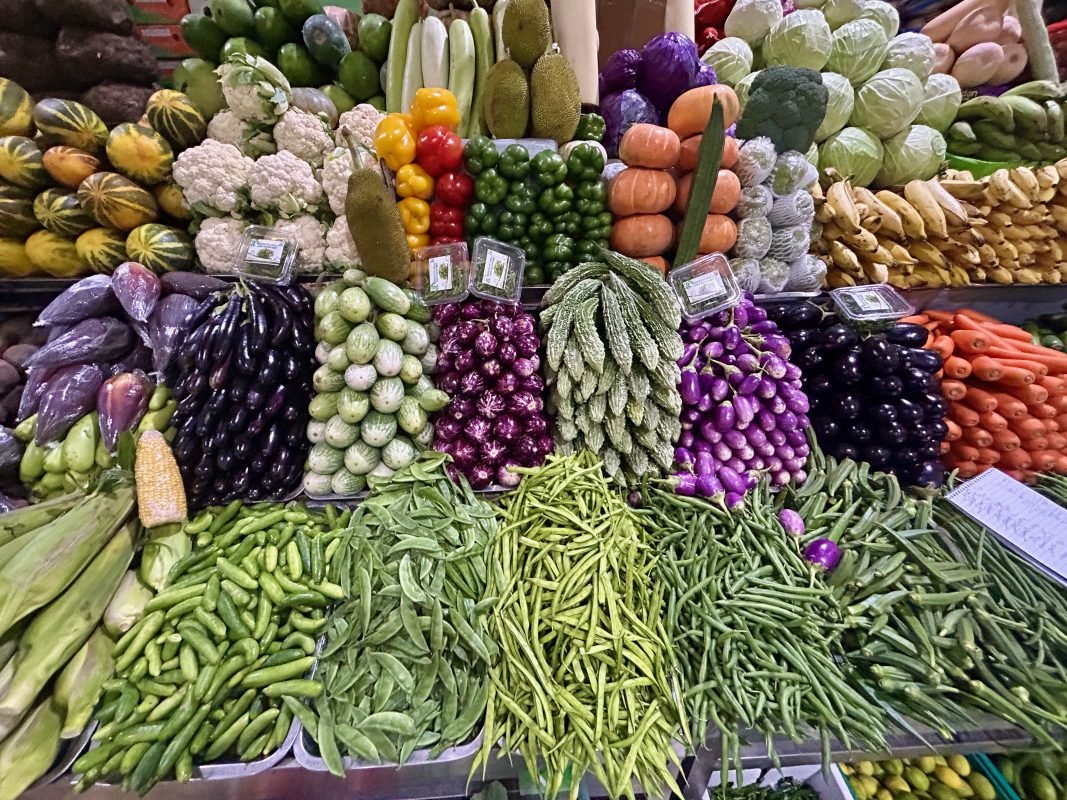How to reduce inflammation: Too often we reach for the medicine cabinet for tablets to help our daily aches, pains and other ailments. I believe many drugs readily available over the counter can cause more harm than good. I prefer a more natural approach and try to only take medicines when absolutely essential. In this article I will show how we can really improve our health in a much more natural way.

Pain, redness, swelling or loss of function are all signs of inflammation in our bodies. Chronic or long lasting inflammation is a common condition suffered by millions of people worldwide. Inflammation is our body’s protective response to harmful stimuli. However chronic inflammation can lead to cell changes at the site of inflammation and the simultaneous destruction and healing of tissue. It is therefore associated with many diseases.
Diabetes, cardiovascular disease, allergies, and chronic obstructive pulmonary disease are all examples of diseases brought on by chronic inflammation.
Common signs and symptoms of chronic inflammation:
- Body, joint and muscle pains
- Chronic tiredness and inability to sleep
- Depression, anxiety and mood disorders
- Gastrointestinal complications such as constipation, diarrhea and acid reflux
- Weight gain or loss
- Frequent infections
How to reduce inflammation – What can cause it?
The most well known causes of inflammation are physical, biological and chemical – usually caused by events we cannot control.
One cause of inflammation that we can control is our diet.
We all know about the negative aspects of eating unhealthy food but the fact is that foods with high levels of fat, sugar and other refined carbohydrates are essentially toxic to our bodies and trigger inflammation. As much as we don’t like to hear it – they should be eliminated or at very least reduced from our diet.

The following foods have been found to cause inflammation:
- Red meat and processed meats: Red meat, such as steak and hamburgers, processed meats such as bacon, sausages, deli meats and pepperoni, have been linked to increased inflammation. Processed meats are often high in unhealthy fats, sodium, and nitrates which may contribute to inflammation. Enjoy them sparingly, and choose lean, fresh cuts of meat whenever you can.
- Refined grains: White bread, white rice, pasta and breakfast cereals can cause spikes in blood sugar, which can promote inflammation. These foods are also typically low in fibre, which is important for gut health and reducing inflammation. Eat whole-grain options instead – they keep you fuller for longer and pack more nutrients.
- Sugary drinks: cola, juice, and sports drinks are high in added sugar which can promote inflammation.
- Fried foods: french fries, fried chicken and donuts are often high in unhealthy trans fats and advanced glycation end products (AGEs). These can contribute to inflammation. AGEs are formed when foods are cooked at high temperatures.
- Snack foods: crisps, biscuits, crackers and pastries are high in unhealthy fats, refined carbohydrates, added sugar and sodium – all of which can promote inflammation.
- Alcohol: Overdoing the drinks disrupts your body’s balance and can trigger inflammation. Enjoy alcoholic drinks in moderation.
- Omega-6: Vegetable oils like corn and soybean oil are loaded with omega-6 fatty acids. These are important, but an imbalance with omega-3s, found in fatty fish like salmon, can promote inflammation. Aim for 2-3 servings of fatty fish a week and use olive oil for cooking.
- Artificial additives: sweeteners, preservatives and other additives in processed foods might contribute to inflammation in some people. Sticking to healthier unprocessed foods is always the safer bet.
- Salt: Too much is linked to inflammation and other health problems. Read food labels carefully and cook with fresh ingredients to control your sodium intake.
- High-Fat Dairy: high-fat dairy products like full-fat cheese is thought to contribute to inflammation. Consider low-fat or fat-free options and enjoy dairy products in moderation.

It’s important to note that everyone reacts to these foods differently. While some people may experience more inflammation after eating these foods, others may not.
How to reduce inflammation – Dietary changes can really help
Here are some foods that can help to reduce inflammation:
- Fruits and vegetables: packed with antioxidants that battle inflammation. Aim for at least five servings every day.
- Whole Grains: Brown rice, quinoa, whole-wheat bread – these whole grains are loaded with fibre. Anti-inflammatory properties help regulate your body’s responses and keeps you feeling fuller for longer. This prevents blood sugar spikes that can contribute to inflammation. Swapping refined carbs for whole grains is an easy change with big benefits.
- Spices: Turmeric and ginger are spices with powerful anti-inflammatory properties. Add flavour to your food and fight inflammation naturally. Turmeric can be added to curries, smoothies, or scrambled eggs. Ginger tea is a soothing and anti-inflammatory drink to enjoy after a meal.
- Healthy fats: Found in olive oil, avocados, nuts and seeds can actually help reduce inflammation. Include them in your diet in moderation. Opt for extra virgin olive oil for cooking and salad dressings.

Remember, a balanced diet is key. If you are concerned about inflammation, it is best to talk to your doctor or a dietitian. They can help you create a diet that is right for you.
Please note – The content of this article is not intended as medical advice and should not be interpreted as such. Always seek the guidance of a qualified healthcare provider for medical concerns or conditions

